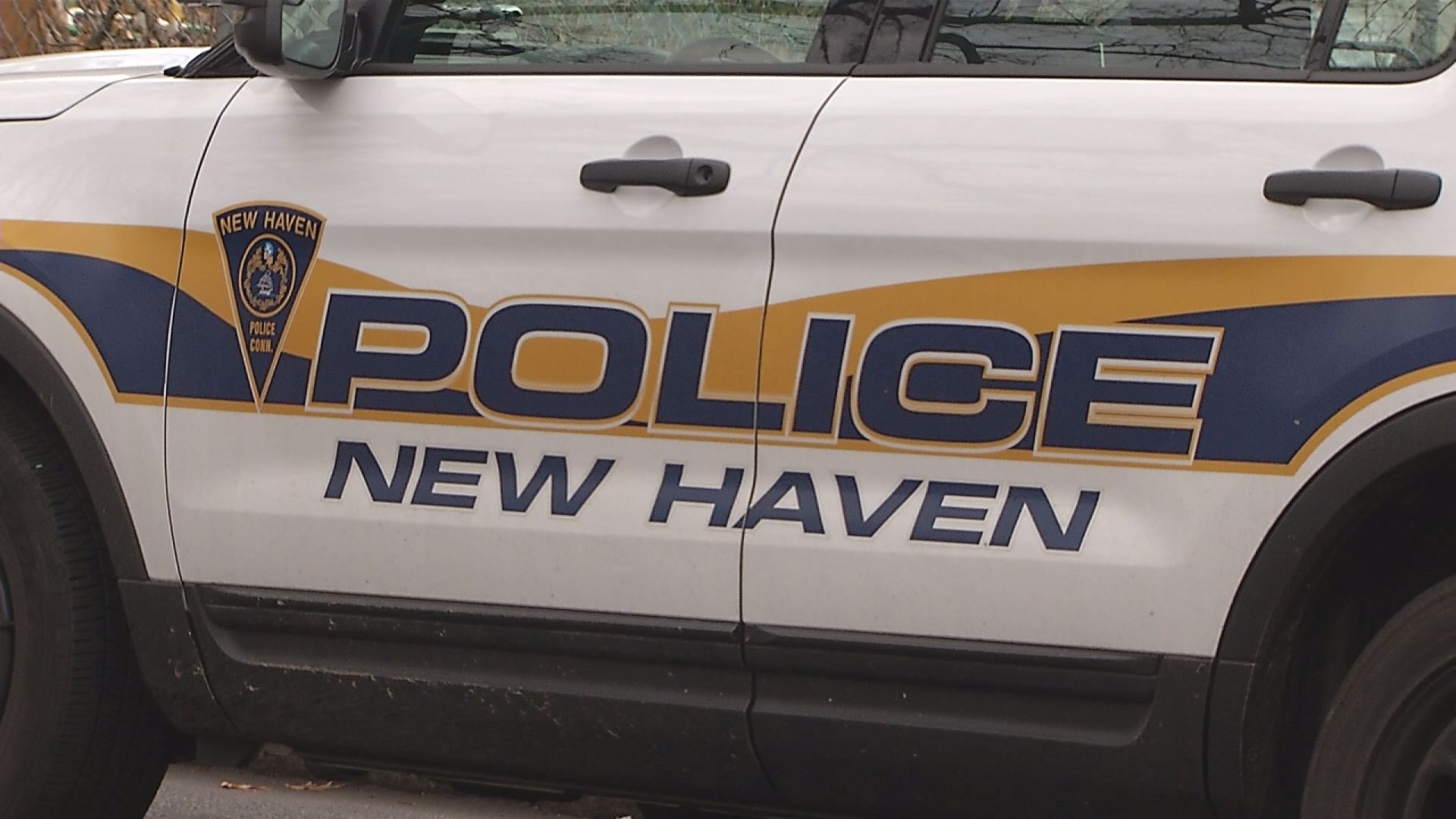During the Blizzard of 2015, Colchester Fire Chief Walter Cox says his station was eerily quiet throughout the night while a statewide travel ban was in effect.
"We didn't get one call the whole night," Cox said. "That's kind of unheard of. People really listened and heeded the warnings to stay off the roads."
Emergency responders will do their best to address every call during major storms but said adverse conditions can take a toll on their ability to do their jobs.
“Before the storm, we made sure all of trucks were fueled properly and we also put on tire chains because we knew we were going to get at least a foot of snow – I believe over two feet of snow – in this area here,” Cox said.
Cox said it's important to remember that his crews face the same problems as everyone else when snow comes down.
“We have to put on our gear and make sure we’re safe. We’re slipping and falling ourselves in the ice and the snow, so it becomes difficult to move any kinds of patients in the snow,” he said.
Many emergency crews also have their own plows at the ready in case they're called to a rural road or one that hasn't been properly cleared.
Local
“We have a small service truck with a plow that we’ll use to access the driveway, and then we have small snow blowers and shovels to access the house and the patient out as quickly as possible," Cox said.
Access to water lines is also crucial.
Many town and cities across the state urge residents to help clear fire hydrants of snow and ice during winter weather events. Hydrants in Colchester are outfitted with poles and reflectors to ensure that trucks and engines can reach them no matter the weather.



